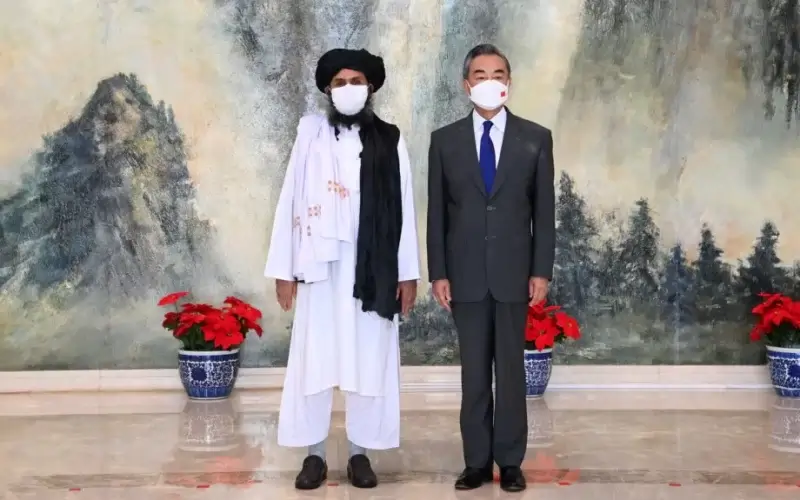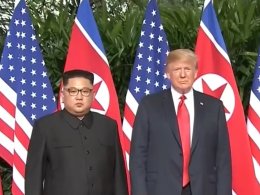t's approaching six months since the Taliban took over the Afghan capital, Kabul, on August 15. And in the months since the U.S. withdrawal from Afghanistan, neighboring China has taken a keen interest in the fate of the Central Asian country.
The interest, in fact, predated the Taliban takeover. In late July, Chinese Foreign Minister Wang Yi and a nine-member Taliban delegation met in the northern Chinese city of Tianjin. The meeting, some analysts said at the time, underscored Beijing's warming ties with the Islamist group and the Taliban's growing clout on the global stage.
In addition, last October, Foreign Minister Wang spoke about China's expectations for Afghanistan's future after he had met with the Taliban interim government representatives in Doha, Qatar, where the two parties "decided to establish a working-level mechanism."
China's expectations, Wang said, include the following: Build a more inclusive political structure in which all ethnic groups and factions play a part; implement more moderate foreign and domestic policies, including the protection of women's rights; "make a clear break with all terrorist forces, including the Islamic State and the East Turkestan Islamic Movement"; and pursue a peaceful foreign policy, especially with neighboring countries.
Read More
Sign Up for Lisa's Top Ten to get a daily briefing on the world each morning.
Start your free trial today.









